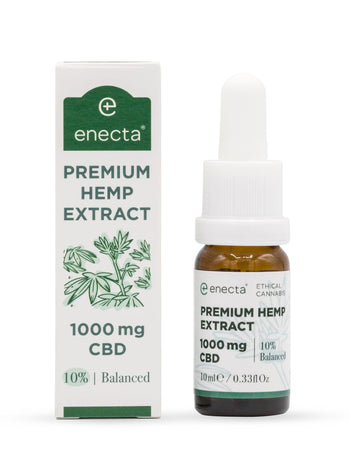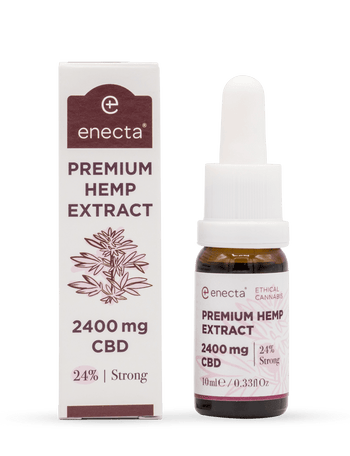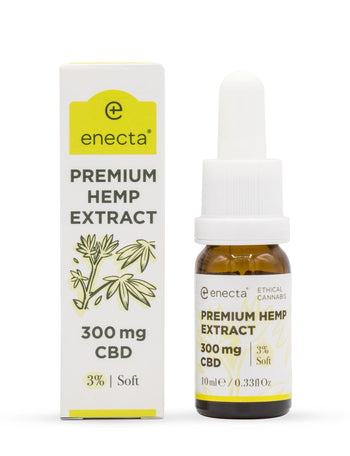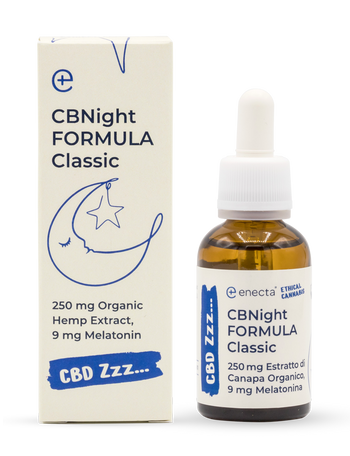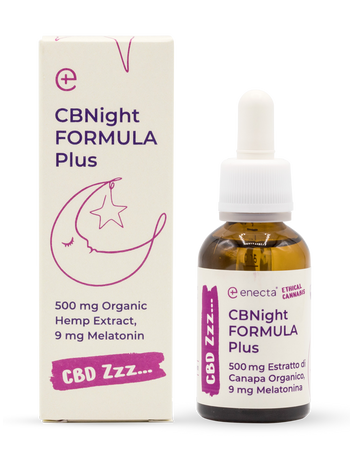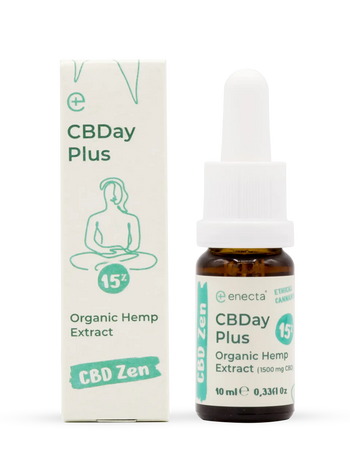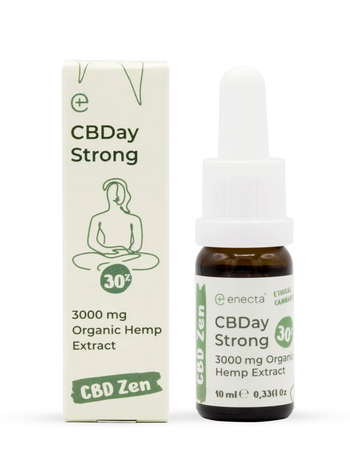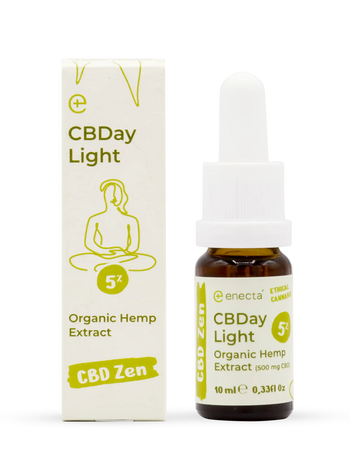The public attention with regards to cannabis has increased exponentially in recent times.
Despite the ever more encouraging scientific results on the benefits of cannabis and, in particular, of CBD, the doubts and questions are still many, which have their roots in a recent past in which the hemp plant was associated with a negative image: the one of psychotropic drug and the related addictions of human beings.
Today, fortunately, thousands of scientists and representatives of the institutions are working hard to clarify, once and for all, what it means for our organism to consume cannabidiol.
Is CBD safe? The WHO report
We are taking the report of the World Health Organization, published in March, 2018, into account, which presents the current state of scientific research on cannabidiol (CBD) to the public.
According to the WHO report cannabidiol does not cause side effects on our health, but rather the current evidence clearly indicates its potential application in the medical field.
According to the report, cannabidiol (CBD) is safe and well-tolerated in human beings (and in animals) and not associated with any negative effects on public health.
The commission of experts also stated that CBD, the non-psychotropic substance present in cannabis, does not elicit physical dependence and is not “associated to potential abuse". In the same way, today, no evidence exists of onset of public health issues associated to the use of CBD in its pure state.
In realty, scientific evidence collected up to now, suggests that cannabidiol is capable of mitigating the effects of THC.
Dependence, addiction and tolerance
Important, also, is to clarify a very important concept which is often misunderstood and regards dependence.
Dependence represents – in pharmacology – the set of changes and behavioural aspects associated to the use of medicines and drugs.
It we talk about “dependence” referring to drug abuse it is more correct to talk about addiction (the case in which the possession and the use of a substance becomes the number one priority of the individual) and tolerance (the physiological condition in which the organism can increasingly tolerate higher dosages of a substance).
Tolerance can be detected in our metabolism when the quantity of the substance reaching the site of interest gradually diminishes, in behaviour when an individual gets used to the effects, and in the cells when they become gradually less receptive.
Dependence (on a substance) is defined as the reduction of the effects of the same dosage: a phenomenon which makes it necessary to increase the dosage in order to obtain the same effect.
The difference between THC and CBD
Science confirms that a constant and regular use of cannabis containing delta-9-tetrahydrocannabinol (THC) can lead to addiction.
THC expresses its action binding to the CB1 receptors. If this action takes place over a long period, the cells react and endeavour to mitigate this effect, making the mechanisms of action of the receptors return to normality.
The cells invert the action of THC – reducing its effects - in two ways. The first is called internalisation, a process making CB1 receptors aggregate towards the inside of the cell, moving away from the external walls, and making the cell insensitive to THC. The second is desensitization: the receptors bind with growing difficulty to the active principle of cannabis.
Does CBD also produce a slow but inexorable addiction? No. And the reason can be found in the mechanism of action itself of cannabidiol.
Contrary to THC, CBD does not generate any psychotropic effect and has a completely different action on the CB1 receptors, hence on the cells, with respect to delta-9-tetrahydrocannabinol (THC).
CBD, in fact, makes the CB1 receptors less reactive to the action of other cannabinoids through a process denominated negative allosteric regulation.
CBD does not stimulate our endocannabinoid system but, “switches it off” and, at the same time, increases the quantity of endocannabinoids in our organism. These are the two factors producing the well-known “relaxing” effects of cannabidiol.
Does CBD generate addiction? No, it fights against it
Cannabidiol (CBD) does not generate dependence or tolerance. According to another revision (published in 2017) of studies on the consequences on the human body of CBD use, its safety profile was confirmed.
If compared to other medicines used for the treatment of disorders like epilepsy, for example, CBD appears to be exposing to minor risk of negative side effects. There is no risk of addiction at all for those using cannabidiol and, more and more each day, encouraging results emerge on the opposite side: the side of CBD to combat the addiction to other substances.
More and more studies confirm the usefulness of cannabidiol in dimming and reducing drug and alcohol addiction.
In a study, published in Nature in March, 2018, researchers of the University of Madrid administered cannabidiol, once a day for seven days to some mice in which a strong alcohol and cocaine addiction was developed.
Based on the results of their tests, the researchers concluded that the short period of seven days of CBD treatment not only prevented the development of characteristics “similar to the previously showed addiction”, but also dissuaded the mice from relapsing for the next 5 months without having to consume any additional CBD.
CBD could be very useful in preventing relapses in drug addicts and in alcoholics, and the benefits are long-lasting, which is crucial when one is fighting against an enemy like the addiction to substances.
In conclusion
Cannabidiol (CBD) still suffers from the legacy of a distorted image associating it to the concept of “drugs”. Drugs is reconducted to further concepts like that of addiction and dependence.
It is time to eliminate these taboos and consider cannabidiol for what it is: an active principle, which, year after year and research after research, is increasingly demonstrating its usefulness for the application in various contexts, included the medical one.
Cannabidiol does not produce addiction, does not lead in any way to dependence and its safety profile is definitely better with respect to many medical drugs present on the market, but do not have this negative “halo” generated by misconceptions from the past.
Important, when one decides to consume CBD in pure crystals, oils in different concentrations or in other forms, is to always and only take quality products into consideration, of which the production, from the field to the shelf, is controlled in each production phase.
































